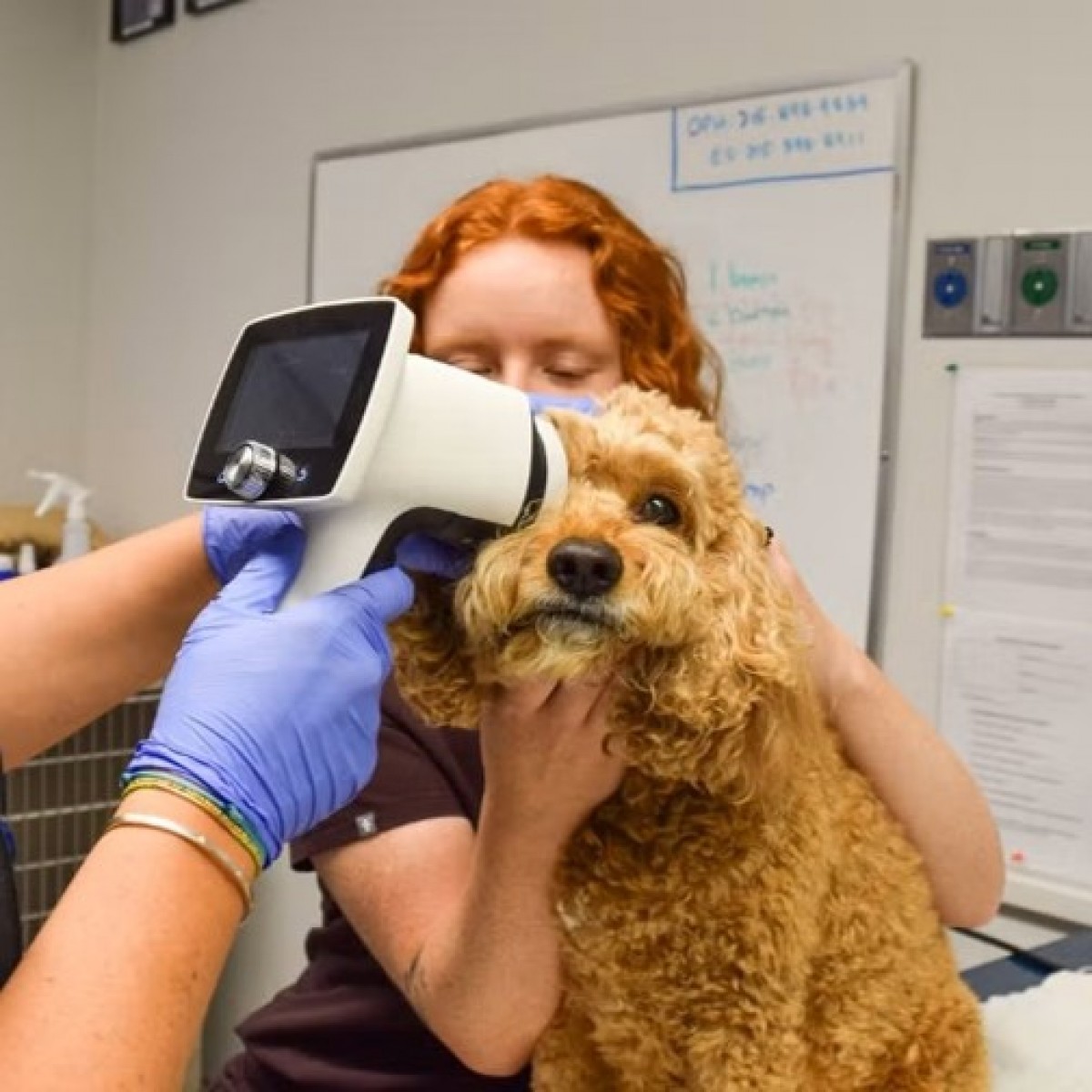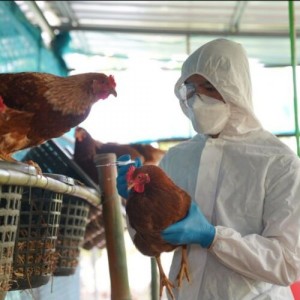Featured veterinarian: Dr. Jonathan Stockman, clinical nutrition specialist
by Mary Guiden
In late December 2022, the U.S. Food & Drug Administration (FDA) announced that it would no longer release public updates on a potential link between certain diets and canine dilated cardiomyopathy. From Jan. 1, 2014, to Nov. 1, 2022, the agency had logged 1,382 reports of dilated cardiomyopathy in dogs. But in that Dec. 2022 note, officials said they would only make public “meaningful new scientific information.”
Dr. Jonathan Stockman, DVM, DAVCIM (nutrition), assistant professor in the Department of Clinical Veterinary Sciences at Long Island University’s College of Veterinary Medicine, said the FDA’s decision is “unfortunate.”
For years, the veterinary nutrition specialist has monitored cases that linked grain-free dog food with canine dilated cardiomyopathy, working with colleagues in cardiology around the world.
In May 2019, Stockman told CBS News Denver that there " isn't really a true benefit to feeding a grain-free diet for dogs that don't have specific sensitivities." The outlet had interviewed a pet parent whose dog was diagnosed with dilated cardiomyopathy and subsequently went into heart failure. Her veterinarian in Colorado suggested the condition could be linked to the dog’s grain free diet.
Stockman recently spoke with Veterinary33 about new research he’s conducting on the topic and what he’d like his veterinary colleagues, and pet parents to know. See also the article and update from Reimer on Chance, now 8.
Q: What are your thoughts on the Dec. 2022 FDA decision related to canine dilated cardiomyopathy and certain diets?
Stockman: The problem hasn’t been resolved. I still hear from cardiologists who see cases characteristic of dilated cardiomyopathy. It doesn’t seem like we are any closer to resolving this yet.
Part of the reason why the agency decided not to release information to the public was that the reporting was down. I can’t say if some cardiologists were too busy to report what they were seeing. But the issue hasn’t gone away, reporting was just not occurring for various reasons.
We don’t really know what the mechanism is that’s causing cardiomyopathy and there is still a need for research on this topic. These grain-free diets are so common and popular, a lot of people think they’re doing what’s best for their dog and it’s not really the case.
Q: What specifically do you hear from cardiologists?
Stockman: I hear from veterinarians on VIN (the Veterinary Information Network) but also from the cardiologists I work with here in Long Island. I am working on a study to look at this topic as well. I have a study that is funded by Royal Canin in collaboration with UC Davis. The cardiologist I work with here at Long Island University said that he still sees one or two cases a month at least.
Q: What does the study you’re conducting entail?
Stockman: We’re looking at dogs that are either fed grain-free diets or non-grain free diets, using echocardiogram and blood tests. We are studying biomarkers for cardiac disease and amino acid levels.
Our goal is to enroll 160 dogs. That’s a pretty big number and we’re probably at just under half of that number of enrolled patients. Dogs are being recruited by UC Davis and at my university on Long Island.
Q: What additional research has been published that it’s important for people to know about?
Stockman: There was a study published recently in The Journal of Nutrition where the researchers fed Siberian huskies diets with a high proportion of legumes for 20 weeks. It was reported that this had no effect on the dogs’ cardiac health.
I agree with a lot of the criticism I’ve seen about that study, not about the results themselves. But I take issue with how misleading the title of the manuscript is, and the authors’ conclusions are a bit misleading. The title, in part, is: “Dietary Inclusion of Up to 45% Whole Pulse Ingredients with Chicken Meal and Pea Starch in a Complete and Balanced Diet Does Not Affect Cardiac Function.”
Given that this study was conducted with a very specific breed of dogs, you can’t make this generalization that the authors make for all dogs. In addition, the timeframe of the study, 20 weeks, was not long enough.
It’s not so much that I and other veterinarians doubt the validity of the study and results. It’s more about the conclusions reached and how they are presented in the paper. This was an experimental diet and in a specific breed of dogs that hasn’t been associated with heart disease very much.
Q: How likely is it that the FDA will reverse this decision or revert to public reporting?
Stockman: It’s possible. I don’t know if the FDA would reverse course. Really, it’s going to be up to individual researchers to make strides on identifying the mechanism and cause of dilated cardiomyopathy to bring some pressure to open this up again.
As things stand now, we don’t know what is causing this condition or why a change in diet helps dogs. You’re chasing a cloud basically. Once there’s more conclusive research conducted, that will help.
Q: What would you like pet parents to know about this topic?
Stockman: It’s important for pet owners to be aware of the strength of marketing, how misleading it can be, how it can really focus on feelings such as guilt. There’s peer pressure to do certain things for your dog, like following a specific diet. Oftentimes, these diets and claims are not necessarily science based.
It’s important for owners to rely on experts for advice. There are reliable sources of information online and valid tools that they can use to evaluate pet food. One of these sources is the WSAVA (World Small Animal Veterinary Association) Global Nutrition Guidelines. That can be a good tool. There’s also the Pet Nutrition Alliance which produces an evaluation of pet food manufacturers.
Q: What else would you like people to know?
Stockman: This is a challenging issue because we are implicating that a broad group of products play a role in dogs that develop dilated cardiomyopathy, a condition that we are still studying to learn more about the mechanism that causes it.
It’s important to remember there’s nothing bad about grain, and nothing that is inherently better with a diet that is grain-free. We’re just going to have to keep doing the research and hopefully find the mechanism, keeping the public and pet parents informed. As things stand now, I don’t think the FDA is going to reverse course.














List
Add
Please enter a comment